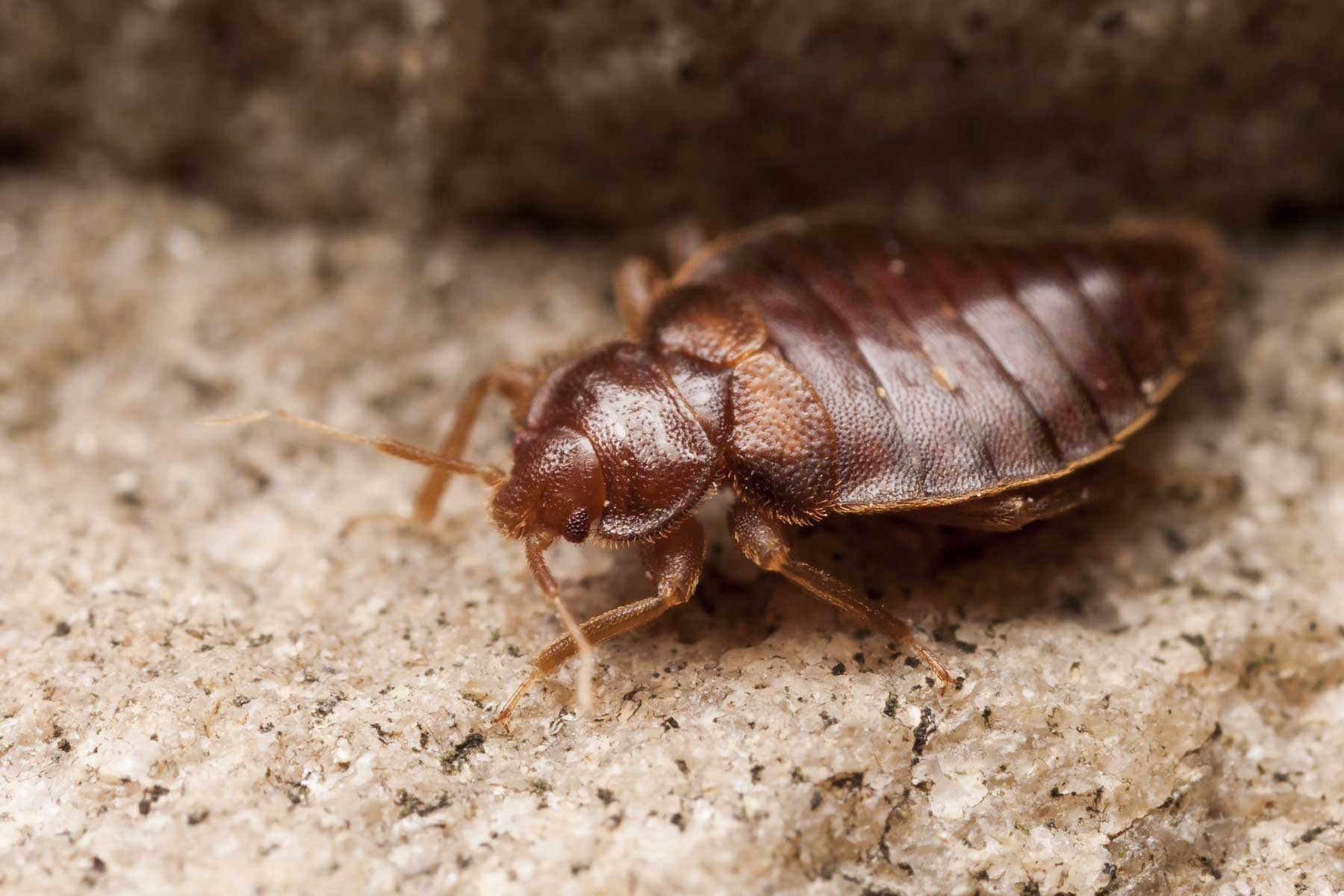Bed Bug Exterminator Houston Services: Top-Rated Extermination Solutions
Wiki Article
Efficient Parasite Control Procedures to Safeguard Your Garden and Plants
In the realm of horticulture, the harmony of a well-tended yard can commonly be interfered with by undesirable bugs that endanger the health and vitality of plants. As gardeners aim to maintain a growing outside area, the challenge of insect control emerges as a crucial facet of their horticultural undertakings. Applying efficient parasite control measures not just safeguards the yard's aesthetic appeal yet also plays a pivotal function in preserving the plants' well-being. By discovering an array of techniques that include all-natural repellents, valuable bugs, buddy growing, do it yourself services, and environmentally-friendly pesticides, gardeners can browse the complex world of parasite management with precision and care.All-natural Insect Repellents

An additional efficient all-natural insect repellent is diatomaceous earth, a grainy compound made from fossilized water microorganisms. Diatomaceous planet works by physically harming pests with its rough structure, making it an exceptional option for controlling pests like slugs, beetles, and caterpillars. Furthermore, growing buddy plants like marigolds, lavender, or basil can aid push back pests because of their solid scents or natural chemical substances.
Beneficial Pest for Bug Control

Another helpful pest is the parasitic wasp, which lays its eggs inside insect insects, at some point killing them. Ground beetles are exceptional for regulating caterpillars, snails, and slugs. Hoverflies, frequently mistaken for because of their comparable appearance, feed upon aphids, thrips, and caterpillars.
To bring in beneficial insects to your yard, you can grow a varied series of flowering plants, such as dill, fennel, and yarrow, which offer nectar and pollen for adult bugs. Furthermore, prevent using broad-spectrum chemicals that more helpful hints can hurt both damaging and advantageous bugs. By developing a welcoming atmosphere for these beneficial pests, you can reduce the requirement for chemical pesticides and promote a much about his healthier, more well balanced garden ecological community.
Companion Planting Methods
When intending to enhance the efficiency of valuable pests in your yard for natural parasite control, considering friend planting techniques can additionally enhance the ecosystem equilibrium. Buddy planting includes strategically putting certain plants alongside each various other to maximize their shared advantages, such as hindering pests, attracting advantageous bugs, or enhancing vitamins and mineral uptake - bed bug exterminator houston near me. One popular instance is planting marigolds alongside tomatoes to fend off nematodes and other hazardous insects while additionally attracting pollinatorsPlanting catch plants like nasturtiums can divert bugs away from your primary crops, serving as sacrificial plants that protect your valuable fruit and vegetables. By carrying out buddy planting approaches, you can create a varied and harmonious garden ecosystem that naturally manages pests while advertising plant wellness and performance.
DIY Bug Control Solutions
To effectively manage bugs in your yard, executing diy pest control options can be an affordable and eco friendly method. One typical do it yourself bug control option is creating homemade insecticidal soaps by blending moderate soap with water to regulate soft-bodied insects like aphids, mites, and whiteflies. Furthermore, introducing advantageous pests such as ladybugs, lacewings, and predacious wasps can aid naturally control bug populaces in your yard. Establishing physical barriers like row covers or netting can also protect against parasites like caterpillars from damaging your plants.Friend planting particular natural herbs and blossoms like marigolds, basil, and lavender can aid push back parasites and attract advantageous insects. By integrating these DIY bug control solutions right into your horticulture regimen, you can shield your yard and plants without relying on harsh chemicals.
Environmentally-Friendly Pesticides

Another reliable alternative is diatomaceous earth, an all-natural compound made from fossilized water organisms, which can be sprayed around plants to regulate slugs, snails, and various other creeping bugs. Additionally, insecticidal soaps and oils stemmed from plant-based sources serve for managing soft-bodied insects like aphids, mites, and whiteflies.
Conclusion
In conclusion, effective pest control measures such as all-natural repellents, valuable bugs, buddy planting strategies, DIY options, and environmentally-friendly pesticides are important for protecting your garden and plants. By executing these techniques, you can protect against damage brought on by insects and preserve a healthy and successful garden ecological community. It is vital to think about the long-term effect of making use of pesticides and go with even more lasting and green options to guarantee the health and wellness of your plants and the setting.Report this wiki page